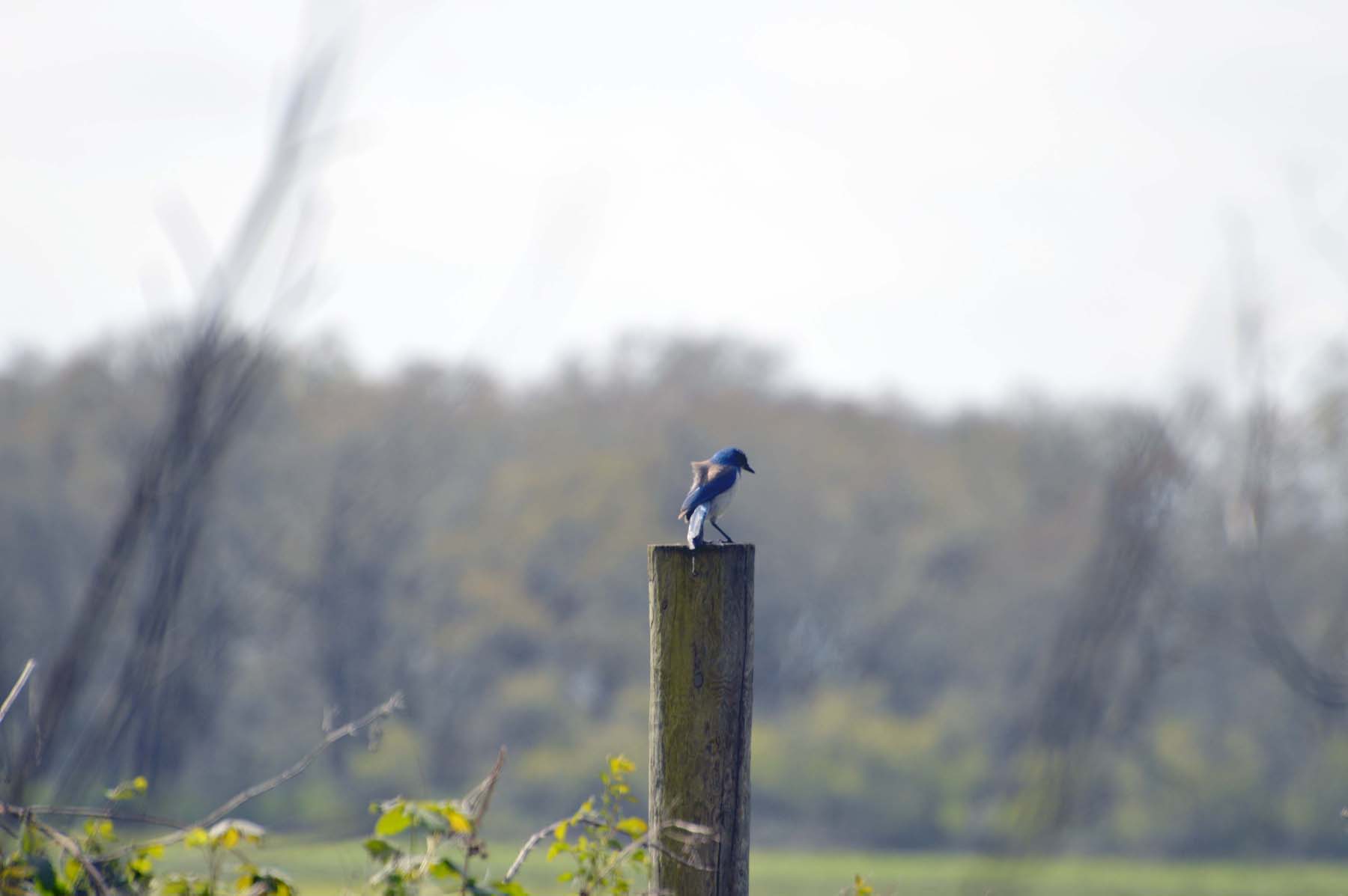Last Friday was Earth Day. The Oak Island nature trail on Sauvies Island had just opened after its annual 6 months-closure to protect migratory birds. I can think of no better place to celebrate nature – off I went, except it felt more like an attempt to escape than to celebrate.



Escape from thinking about the ever expanding, ever faster cycle of crises, ever larger looming dangers, ever more consequential action (or inaction) threatening this planet and its inhabitants. A carnival of negativity, as someone put it in The Atlantic while describing what is happening to our young people. There comes a point where you either shut off in depression or get enraged to the point of non-functioning.

One of the opinion writers at one of Germany’s most influential weekly, Der Spiegel, advised us this week to go milk cows, or commune with nature in any which way, or hang out at a spa, in all seriousness grappling with these options to fend off paralyzing doom, sounding simultaneously ridiculous and echoing my own sentiments (I guess ridiculous ones as well.)

Poets have gone a step further, exploring the desire to go back to a state of non-sentient existence, compared to one of calmed thought after a bovine encounter (the latter state, by the way, does not result from milking cows. As one who has engaged in that activity regularly, it is somewhat nerve-racking, just saying.)

The poem below speaks to the issue, the desire to be a speck that seeded the universe, un-thinking, un-feeling, un-remembering. It will be followed by another poem written in response, that I found somehow more encouraging (and encountered here). Written by Marissa Davis, illustrated by Lottie Kingslake and sort of sung by Toshi Reagon, it celebrates more than just “being.”


Ospreys

I was thinking of these kinds of poems while walking the loop. It used to be knee deep under water in April, now dry underfoot even though this has been one of the wettest Aprils in a long while. Trees had crashed down during the winter in unprecedented numbers.
Song birds flourished. Junkos and white crowned sparrows galore.






Those old fruit trees who remained standing were pushing out enormous amounts of blossoms – I hear that is a reaction to last year’s drought, cannot confirm.


Busy birds, herons up very high flying to and fro from their nests hidden in the woods across the slough.



I even saw a humongous swan flying west from the Columbia river (not captured on camera.) Ospreys nesting, hawks hanging, buzzards circling.



Jays everywhere,



and a few glimpses of yellow-rumped warblers and wrens.


The sky changed constantly, from grey to blue and back. The land and water was shimmering green, a color associated with the word hope in German. If we have to feel at all, unable to escape into the singularity, let that be the emotion associated with Earth Day! (Fed by the election results in France and Slovenia this Sunday, as well. Although I do believe, as you know, that a continuation of unconstrained neoliberal policies is but creating the substrate on which those barely defeated extremist political movements grow.)

Singularity
(After Stephen Hawking)
Do you sometimes want to wake up to the singularity
we once were?
so compact nobody
needed a bed, or food or money—
nobody hiding in the school bathroom
or home alone
pulling open the drawer
where the pills are kept.
For every atom belonging to me as good
Belongs to you. Remember?
There was no Nature. No
them. No tests
to determine if the elephant
grieves her calf or if
the coral reef feels pain. Trashed
oceans don’t speak English or Farsi or French;
would that we could wake up to what we were
—when we were ocean and before that
to when sky was earth, and animal was energy, and rock was
liquid and stars were space and space was not
at all—nothing
before we came to believe humans were so important
before this awful loneliness.
Can molecules recall it?
what once was? before anything happened?
No I, no We, no one. No was
No verb no noun
only a tiny tiny dot brimming with
is is is is is
All everything home

And here is the response poem, also called Singularity, by Marissa Davis.
